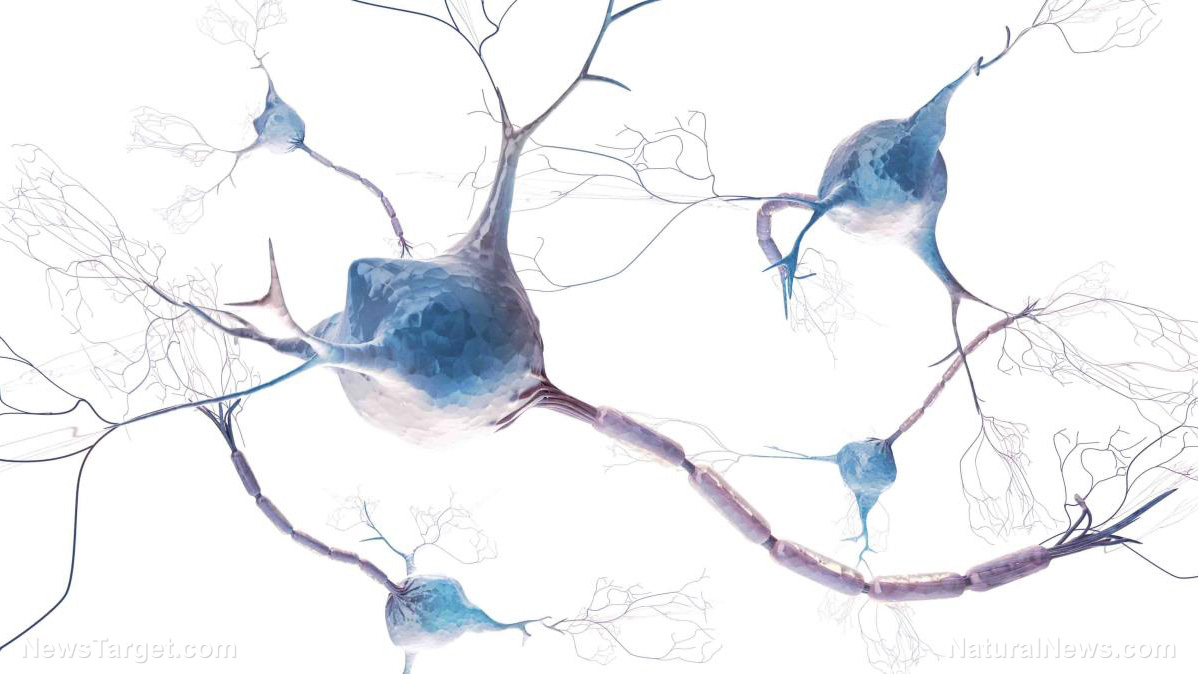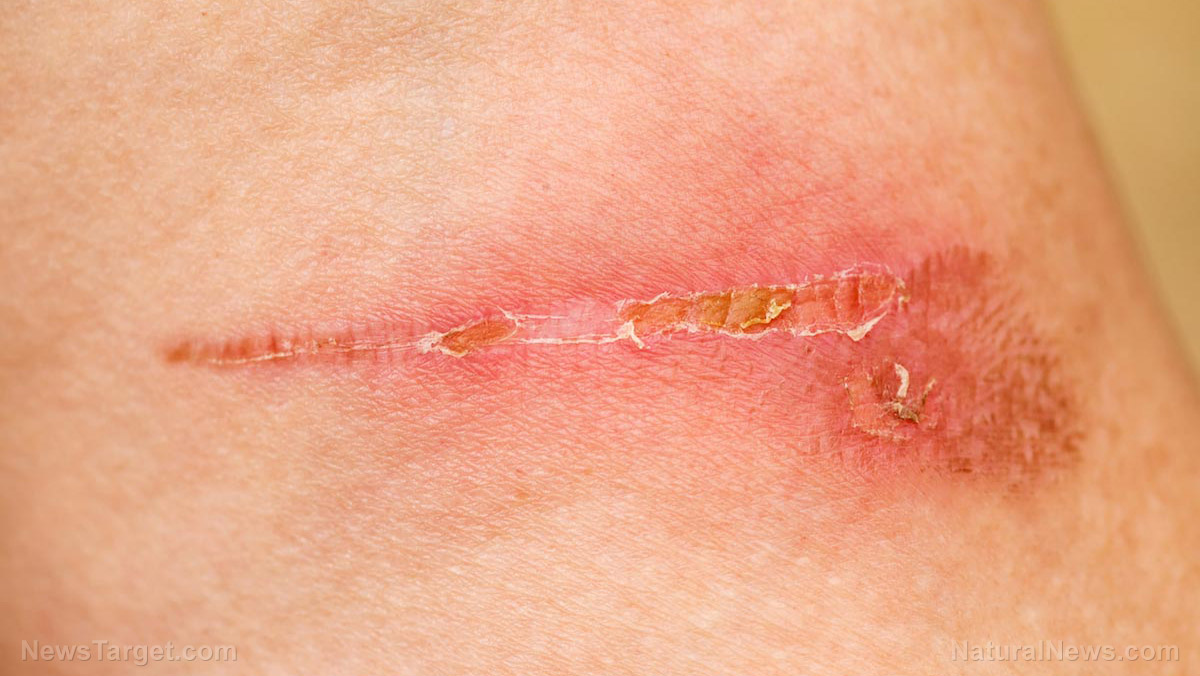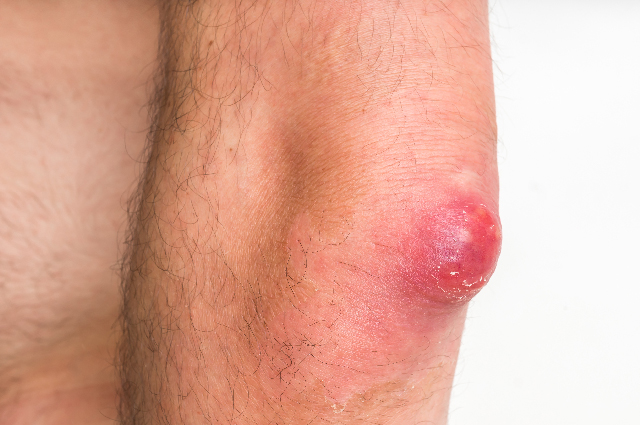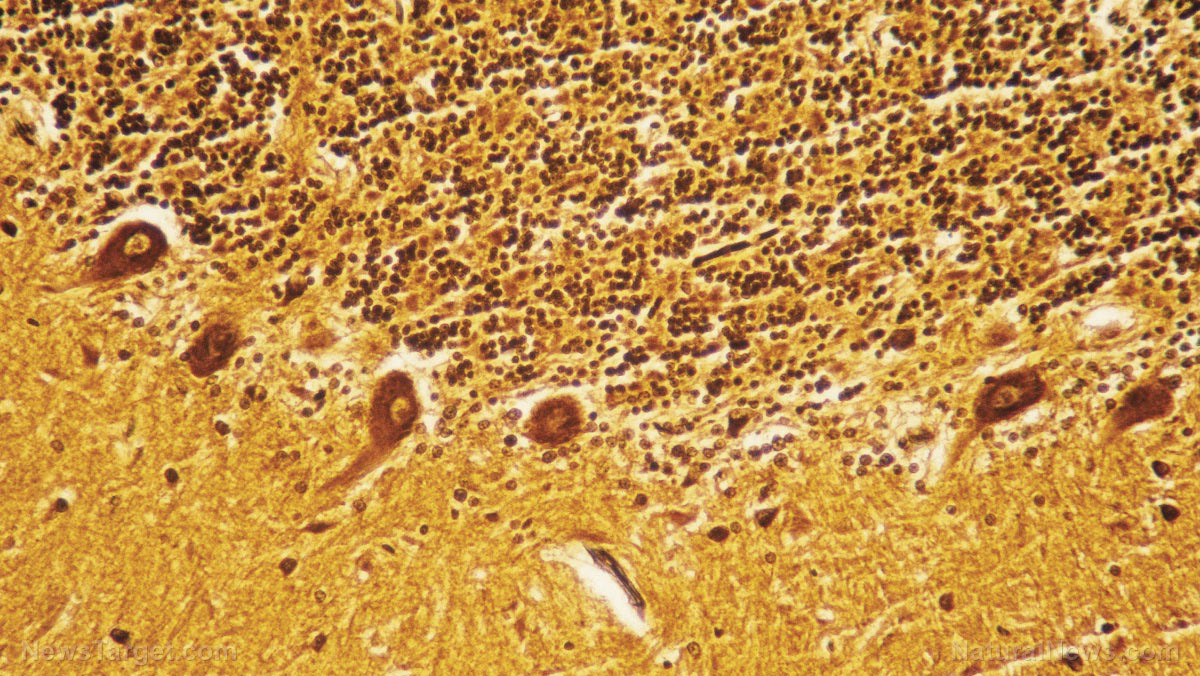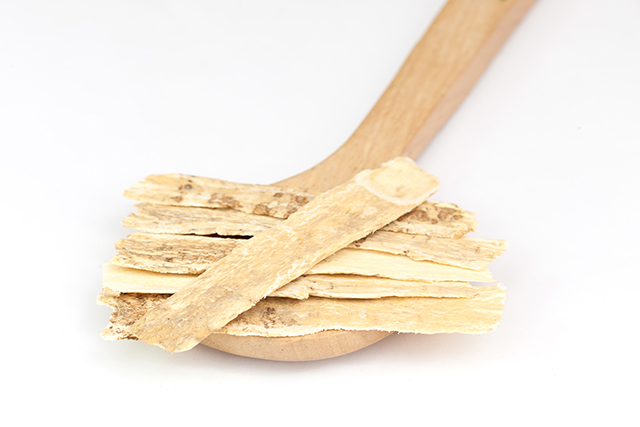Acupuncture found to promote weight loss by boosting appetite-suppressing hormones
07/07/2017 / By Russel Davis

A new study revealed that acupuncture may help people lose weight without undergoing dietary changes or exercise routines. As part of the study, a team of researchers at the Hong Kong Baptist University conducted acupuncture trials on 13 males and 59 females between the ages of 18 and 68 who were observed from September 2015 to October 2016. The participants, who had a body mass index (BMI) of 25 or above, did not undergo any weight loss measures or took medications three months before the trial.
The participants were then assigned to either the real acupuncture group or the sham acupuncture group. Each participants had 16 acupuncture sessions over an eight-week period. The acupuncture points targeted in the study covered the abdomen, the lower limbs and the ears. According to the researchers, these points may help regulate energy flow in the intestines, transform body fluid, and eliminate phlegm.
The study revealed that participants in the real acupuncture group attained an average weight loss of 2.47 kilograms, and an average BMI decline of 1.56 kilograms per square meter. One case in particular showed a record weight loss of 7.2 kg and a marked BMI decrease of 3.2 kg/m2. In contrast, participants in the sham acupuncture group had an average weight loss of only 0.54 kg, and an average BMI decrease of only 0.19 kg/m2.
Dr. Zhong Lidan, an assistant professor at Hong Kong Baptist University, noted that the significant weight loss was due in part to acupuncture’s stimulating effect on the body’s appetite-suppressing hormones. He said the procedure activates the production of the hormones serotonin and beta endorphins, which in turn suppress appetite and promote fat breakdown.
“This trial provides preliminary evidence of the efficacy and safety of acupuncture on weight control in Hong Kong. It also offers a research basis for future large sample clinical trials and a guideline for developing acupuncture to counter obesity,” Dr. Zhong told DailyMail.co.uk.
Previous study supports acupuncture for weight loss
The recent study’s results were reflective of a 2013 research demonstrating that ear acupuncture may help induce weight loss. To carry out the research, a team of scientists at Kyung Hee University in Seoul, South Korea randomly assigned 91 overweight individuals to three groups: five-point acupuncture, one-point acupuncture, and sham group. (Related: Acupuncture and its Slow Acceptance in Mainstream Science Circles)
Participants in the five-point acupuncture received five needles that were placed two millimeters deep in one outer ear, which were taped in place and kept there for a week. The same procedure was done on the other ear, with the process repeating for over eight weeks. Participants in the one-point acupuncture group followed the same procedure, but with only one needle placed in their ears. Participants in the sham treatment group also received acupuncture, but the needles were quickly removed after they were placed in the ear.
By the end of the study, participants in the five-point acupuncture group exhibited a 6.1 percent weight loss. The study also revealed that those in the one-point acupuncture group displayed a 5.7 percent weight loss. In contrast, participants in the sham treatment group did not show significant weight loss.
“Both five- and one-point approaches showed significant effects on treating the obese patients and notable reduction in the values closely related to obesity, such as waist circumference measurements and weight, compared to the sham group. But yet, the five-point approach caused the largest decrease in waist circumference, indicating that the method should be considered as a primary treatment to reduce central obesity, rather than the hunger acupuncture point or temporary stimulation of the five acupuncture points…If the trend we found is supported by other studies, the hunger acupuncture point is a good choice in terms of convenience. However, for patients suffering from central obesity, continuous stimulation of five acupuncture points should be used,” said lead researcher Sabina Lim.
The study was published in the journal Acupuncture in Medicine.
Sources include:
Tagged Under: acupuncture, alternative medicine, appetite suppression, BMI, obesity, weight loss



